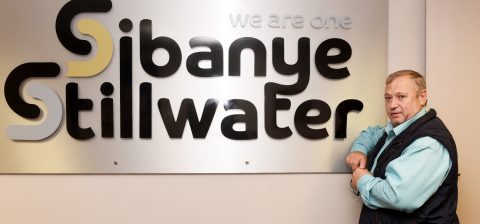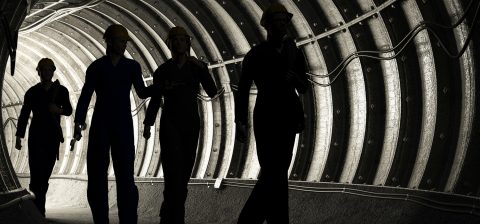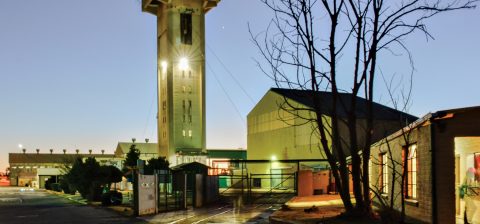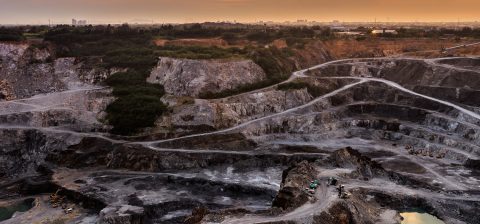SA Mining PR
Minerals Council South Africa Commemorates Marikana, And Recommits To Ensuring The Events Are Never Repeated
The country and the mining industry were horrified as police opened fire on protesters at the Marikana koppie, killing 34 people on 16 August 2012, as well as the death of 10 people ahead of that day.
It was a moment for deep introspection in the mining industry to ensure the underlying matters that may have contributed to the tragedy were addressed to avoid a repetition of the events that rapidly escalated out of control.
There are some solutions that mining companies have within their control, but there are critical areas that are not, and which can only be addressed by the government such as delivery of municipal services, residential planning, local economic development, and the provision of socio-economic infrastructure. High youth unemployment and poverty are at a crisis level across the country, and we all need to work together to confront these challenges.
The mining sector has a role to play, but all stakeholders need to contribute to creating an environment that encourages investment, higher inclusive growth and development which results in much lower levels of unemployment.
Among the solutions mining companies implemented were improved wages and assisting employees with indebtedness by introducing financial counselling and stopping creditors’ garnishee orders against their salaries. Since 2012, wages for employees in the platinum sector have nearly doubled, rising by 91.4%. In the broader mining industry, wages have grown by 86.5%. 2
Another sea change has been the higher levels of local employment of South Africans on mines, largely drawn from communities, to gradually replace migrant workers from neighbouring countries, increasing the flow of financial benefit from mines into communities and the domestic economy. At about 35,000 of 460,000 employees, the number of migrant workers from neighbouring countries is a quarter of the levels a decade ago.
A further area that mining companies can largely control is the implementation of their social and labour plans (SLPs), which are the regulatory underpinning of their mining rights, and which are audited by the Department of Mineral Resources and Energy (DMRE). These plans are designed to ensure communities and labour realise a positive impact from mining operations.
The SLPs are drawn up in consultation with communities and local municipalities and funded by the mines. The projects range from building schools, clinics, and houses to the provision of water or electricity to neighbouring communities and creation of economic opportunities through enterprise and supplier development programmes.
However, sometimes prevailing socio-economic conditions and party politics overtake the good intent of SLPs, with ideology, positioning for benefit, and point-scoring complicating the process. Communities are not homogenous and easily fracture into interest groups with competing demands to secure direct benefits from projects.
Allowing mining companies to pool and share their SLP investments could help create meaningful impact. Despite several years of discussion with the DMRE, mining companies are nowhere closer to a realisation of this collaboration, with significant opportunity costs for communities.
The rise of what the industry calls the “procurement mafia”, which are groups of politically connected or criminal elements demanding a fee, often 30% of an SLP project’s value under the guise of empowerment, are increasingly disrupting implementation of these projects through violence and intimidation to extort concessions. The procurement mafia use their clout to whip up community agitation and disrupt mining operations to back their demands for contracts that will benefit them.
These criminal elements disrupt the development of SLP projects and give rise to the perception mining companies are doing little or nothing about honouring their commitments. The Minerals Council is working closely with the security cluster to address gangs extorting mines for contracts and benefits by engaging in acts of intimidation. 3
It is important for our industry to reflect on the circumstances that led to the events at Marikana a decade ago, and how we as mining companies, and as integral stakeholders in civil society, have worked – and continue to work – collaboratively with our partners in organised labour, communities, and the DMRE to ensure they never happen again.
Our colleagues at Sibanye-Stillwater are hosting an online commemoration event on 18 August from 13h00 to 14h30. Registration is on https://www.marikanarenewal.co.za/
For further queries:
Allan Seccombe
Head Communications
Tel: 064 650 4636
Email: aseccombe@mineralscouncil.org.za
Web: www.mineralscouncil.org.za






 Sign-up and receive the Business Media MAGS newsletter OR SA Mining newsletter straight to your inbox.
Sign-up and receive the Business Media MAGS newsletter OR SA Mining newsletter straight to your inbox.